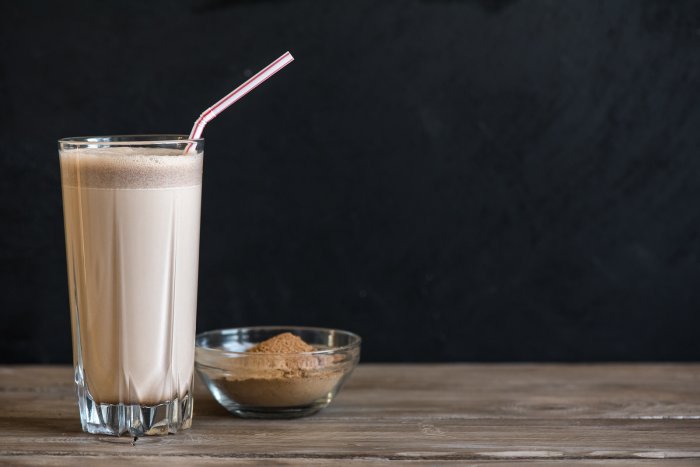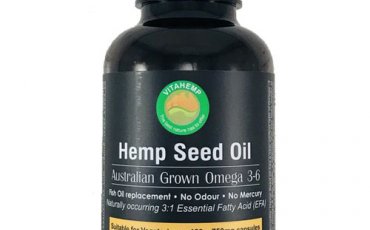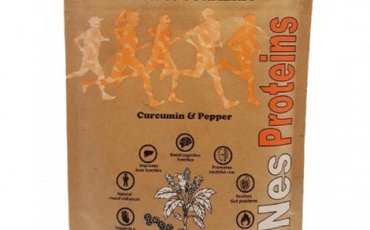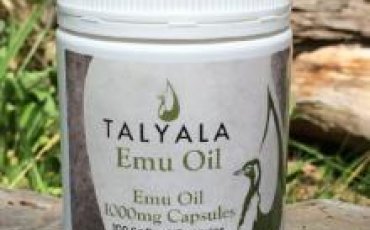6 Reasons to switch to a plant-based protein powder

Our bodies need protein to survive.
Everything from weight management, immune function, the body’s metabolism, through to the growth, repair, development, and performance of muscles all require the building blocks of protein to function properly.
Protein also assists us in staying alert and feeling satiated for longer periods of time.
Commonly, protein powders fall into two broad categories. These are: animal-based proteins (egg, whey, casein) and plant-based proteins (rice, hemp, potato, etc).
Whereas in the past, whey has been the ‘go to’ in protein powders, there is now a growing awareness around the globe of the incredible nutritional profiles of plant-based protein powders. Plant proteins are typically replete with phytonutrients, antioxidants, vitamins, minerals, and fiber — all of which are critical components for optimal brain and body health. More on that below.
The health benefits of a plant-based, nutrient-dense diet is widely recognized by experts in nutrition. So, if you’ve been wondering whether now really is the right time to make the switch to a plant-based protein, here are 6 reasons to help you along.
#1 No more bloating/uncomfortable guts/digestion issues
If you are finding (like 65% of the population) that you are getting uncomfortable or bloated after consuming whey proteins – chances are you really need to back off on the dairy based smoothies. Lactose intolerance – even mild cases – can present in symptoms such as skin complaints, headaches, lack of energy, and digestive problems.
Whey protein is a common allergen and can affect the immune system.
Additionally, the casein in milk protein converts to exorphins during digestion – these cross the blood brain barrier and bind to the same receptors as do many opiate drugs. Aside from well-known bloating effects of whey- this can negatively affect brain function, focus, and mood.
Plant-based proteins, on the other hand, will give you a complete nutritional profile without any of the digestive or other issues common to dairy-based alternatives. The truth is – most plant proteins are hypoallergenic – good for you and good for your family.
2# Absorb more/Build muscle faster
Remember we mentioned bloating as a common side effect to whey-based proteins? Well the digestive discomfort that comes with these proteins is a sign that your body is having difficulty efficiently breaking it down.
What this means is that even though the label might tell you that you are getting 40grams of protein per scoop – in actual fact your body can’t get to all that protein and therefore cannot absorb it.
Plant-based proteins, on the other hand, tend to be composed of what are known as globular proteins. This makes them the most bio-available proteins you can get because of the ease at which they are absorbed.
An added benefit to this is that because you can absorb 100% of the proteins in plant-based powders – you will see gains at the gym quicker and more consistently than if you were to use the inferior whey or casein protein powders.
Click here to see true plant-based protein powders that will accelerate your progress – be it sport or at the gym – with powders containing far superior amino acid profiles than whey could ever have.
#3 Plant-based is better for your heart
Although whey protein contains more protein per scoop than most plant-based proteins, as mentioned above, our bodies are unable to access most of it. The thing that makes the plant-based proteins even better, though, is their high levels of heart-healthy unsaturated fats and fibre which are beneficial for disease prevention and bowel regulation.
Moreover, there is research to suggest that plant-based protein powders are excellent for weight management and overall wellbeing.
Click here to see the plant-based proteins we recommend for everyday health and weight management.
#4 Better for your health overall
An alarming number of studies have detected heavy metals at high levels in many of the leading whey protein brands available. Of particular concern were findings of levels of cadmium, arsenic, mercury and lead in whey protein shakes.
These toxic heavy metals find their way into whey proteins due to the GMO feed that is fed to the livestock.
Although there is still a small risk of heavy metal contamination in plant-based proteins, these are much, much lower and even more so with proteins from grain free sources such as pea and hemp.
Whey protein is also very high in sulphur-based amino acids. The acid forming whey protein can cause significant calcium loss and osteoporosis. Over-consumption of whey protein leads to increased acidity and lowered pH of the blood – this is believed to be a catalyst for many, and various, kidney disorders.
Click here to see a range of organic, chemical and pesticide free protein products for you and your family’s health
#5 It’s not only healthier – It’s safer
We mentioned above about the presence of toxic heavy metals found in whey and casein protein powders. Added to that is the horrendous amounts of artificial hormones and antibiotics used in livestock production – these all find their way into the milk of the cow, and subsequently into the whey protein shakes.
Click here to see our recommended range of grass-fed, ecologically sustainable bone broth products, collagen hydrolysate and more.
#6 Ecologically Sound – Better for the environment
We have all heard about our carbon footprints and the long-term impact that we are having on this planet we call home. The global livestock industry is at the forefront of this devastating denaturing of the earth.
Why not make “Earth Gains” part of your workout gains and switch today to a plant-based protein powder?




